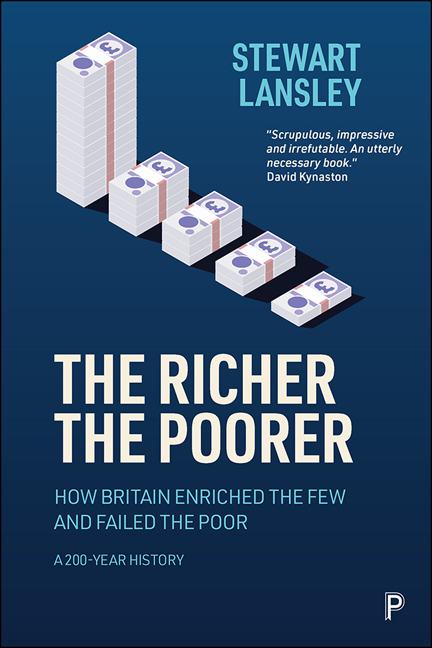Book contents
- Frontmatter
- Miscellaneous Frontmatter
- Dedication
- Epigraph
- Contents
- List of figures
- Preface and acknowledgements
- Introduction: Knighthoods for the rich, penalties for the poor
- PART I 1800–1939
- PART II 1940–59
- PART III 1960–79
- PART IV 1980–96
- PART V 1997–2010
- PART VI 2011–20
- Afterword: COVID-19 and ‘the polo season’
- Notes
- Index
18 - The elephant in the room
Published online by Cambridge University Press: 13 May 2022
- Frontmatter
- Miscellaneous Frontmatter
- Dedication
- Epigraph
- Contents
- List of figures
- Preface and acknowledgements
- Introduction: Knighthoods for the rich, penalties for the poor
- PART I 1800–1939
- PART II 1940–59
- PART III 1960–79
- PART IV 1980–96
- PART V 1997–2010
- PART VI 2011–20
- Afterword: COVID-19 and ‘the polo season’
- Notes
- Index
Summary
In early January 1998, a large group of traders, fund managers and financiers braved the pouring winter rain to gather at the Mansion House, the grand official residence of the mayor of the City of London. They were to debate the motion ‘This house believes that City salaries are totally fair and justified.’
Supporting the motion was George Cox, a director of the London International Financial Futures Exchange, established to trade in ‘futures’, essentially bets about the future course of share prices, currencies and commodities. “If you cut City remuneration tomorrow”, he argued, “there will be less available for society at large and we would all be poorer as a result”. Andrew Winckler, former chief executive of the Securities and Investment Board –set up to supervise the financial markets –spoke against the motion. The Square Mile had become “smug and complacent” about salaries and bonuses, he told the audience. “The current bonus system encourages a degree of speculation that is not warranted and is rewarding failure.” To the surprise of the audience, the motion was lost –with 52 per cent against, 45 per cent in favour.
For the previous decade, Britain's financial services industry had been on a roll. Profits, bonuses and share prices had soared. But eight months before the Mansion House debate, Labour ousted the Major government with a record post-war majority of 179. Labour's landslide victory came with a huge weight of expectation. In the morning after the election, commuters at Brixton tube station in South London were greeted by the electronic boards showing not the usual train destination but the election results: ‘Labour, 419, Tories, 163.’ As the numbers were spotted, waiting passengers broke into spontaneous applause. With its massive majority, supporters hoped and opponents feared that the new government would deliver a radical programme of change that would unravel at least part of the Thatcherite legacy.
Many in the City expected the worst, that Labour would rein in the more self-serving practices of finance and launch a concerted attack on the way high rates of poverty and inequality were built into the economic system. The surge in the income and wealth divide might once have been natural territory for Labour.
- Type
- Chapter
- Information
- The Richer, the PoorerHow Britain Enriched the Few and Failed the Poor: A 200-Year History, pp. 163 - 171Publisher: Bristol University PressPrint publication year: 2021



